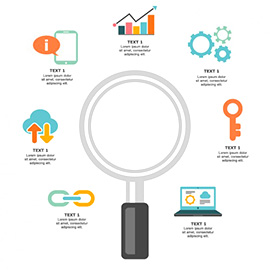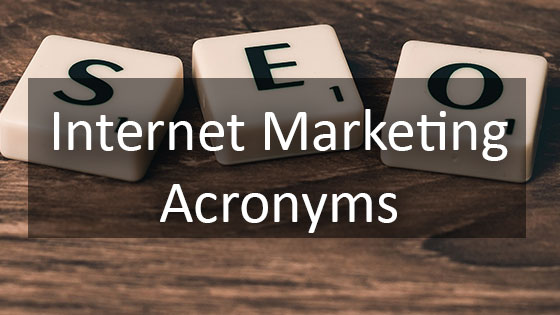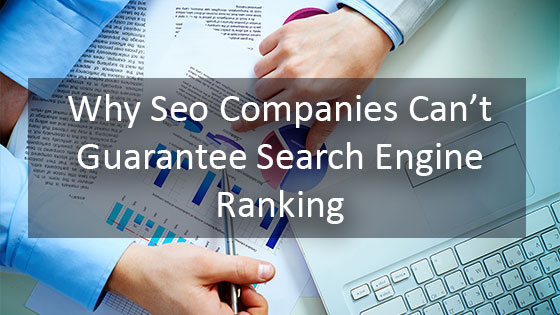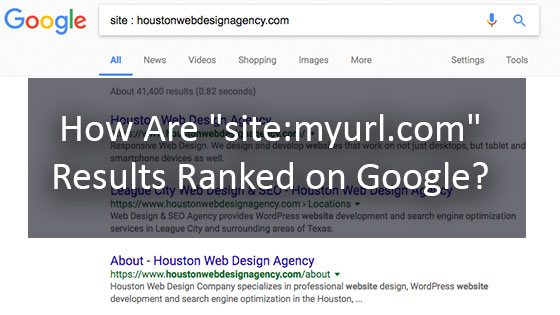We, at Houston Web Design often get asked: Should I spend more of my online marketing dollars on SEO or PPC?
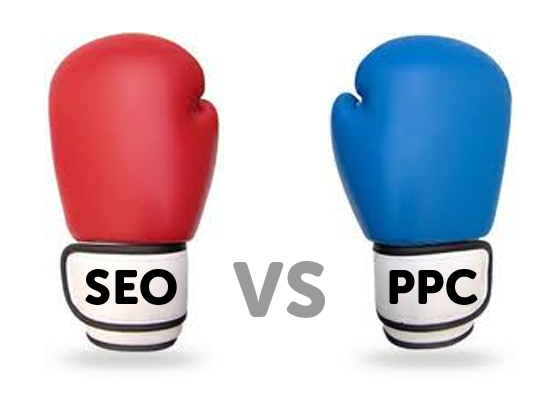
The short answer is, “It depends!”. Helpful I know, but the fact is there are a few factors that need to be considered and in the end BOTH strategies might be in order. Here are some considerations:
- The competitiveness of your industry
- Your target audience
- The number of keywords you are targeting
- The quality of your online presence
- The speed you want to be on the top
…and more could be added.
What Is Organic SEO?
SEO stands for search engine optimization. There are two types of optimization: on-page SEO and off-page SEO. On-page SEO is the process of taking keywords that have been analyzed as getting high search results with low competition and optimizing one or a few keywords per page on your website. Off-page is the process of building links back to the site through various means that we’ll discuss in future articles.
You can hire a web marketing company in Houston, TX to do this arduous work for you or can learn to do it yourself. Either way SEO TAKES TIME! It is, however, the only way to raise your website’s page rankings in the search engines. It can take months or even years to rank a page depending on how competitive your keyword is. Normally you’ll be optimizing for multiple keywords so some will rank sooner than others.
SEO should be considered an ongoing marketing expense. The reason for this is that it can take some time to rank on page one in a search and then once you do rank you need to maintain that rank by continuously adding new links back to your pages or eventually your ranking will fall off. It’s like going to the gym; once you start it will take a little time to lose some weight. Once you start losing weight is seems to come off quickly. But stop, for even a short time, and you see the weight start to creep back on. Search engine ranking works the same way.
What Is PPC Advertising?
To speed the effort along and get immediate traffic, you can buy traffic using PPC. PPC (pay-per-click advertising) is an online advertising product provided by Google, Yahoo, Bing, Facebook, LikedIn, or other providers. PPC is a type of search engine marketing (SEM), which targets the keywords searched most by your potential clients using online search engines. Ads are designed around your individual keywords to target people searching for that term. (That’s why keyword research is so vital to both SEO and PPC.) The PPC platform you choose then places your ad in front of only those interested in or searching for that particular niche word. YOU ONLY PAY WHEN SOMEONE ACTUALLY CLICKS ON THE AD! Therefore pay-per-click ads will provide you quality prospects as long as you advertise.
PPC can be very cost effective compared to traditional offline advertising methods such as TV, radio, newspaper, etc. It also typically provides immediate gratification because the ad hits immediately and you you can track your clicks through, in real time, reading your analytics reports. You can set your daily budget to suit your needs. There is a certain structure needed for these ads but as that’s outside the scope of this article we’ll deal with that in future posts. The point is that if you have the marketing money available you can drive traffic to your website much faster (within hours) using PPC as opposed to SEO or even off-line advertising. BUT PPC WILL NOT HELP YOU BUILD SEARCH ENGINE RANKING. For this reason, I mentioned at the beginning that both SEO and PPC might be in order.
The choices are further complicated if your website is a shopping cart site with seasonal merchandise or merchandise that is dissimilar (sporting equipment and supplements as an example). These types of sites take a very long time to SEO for each page so PPC is vital for these companies to drive a steady stream of traffic.
In any case, over time your pages will get ranked and you’ll see traffic to your website begin to grow organically. When that begins to happen, you’ll be able to slow down your PPC spending.
Should you have questions, don’t hesitate to call 281-764-9070 or fill out our contact form to schedule a free site review and consultation.




